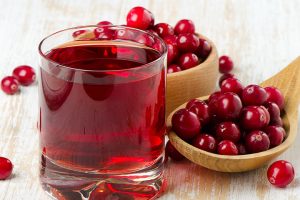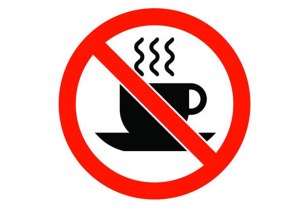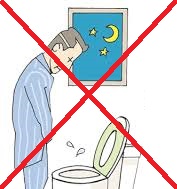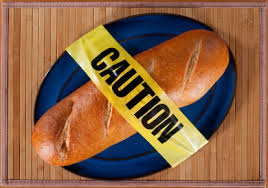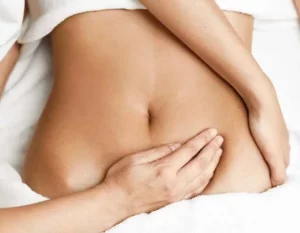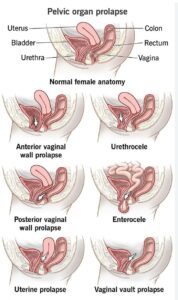Don’t wait to have urinary issues to have a healthy life style! Start Today with these 10 easy tips to keep your bladder happy!
#1 Drink approximately 1,5/2 liters of fluid per day
More if you are breastfeeding or exercising,
Drinking too much can also cause bladder issues (like urgency, urine leakage)
#2 Drink “non-irritative liquids” :
-
Water is the best, then you can also consume fresh apple or grapes or cranberries juices but with moderation as they contain a lot of sugar!
-
Avoid fluids with artificial sugar such as NutraSweet, as this can act as a diuretic (fill your bladder faster!).
#3 Avoid diuretic and bladder irritant :
-
Restrict caffeine to 1 or 2 cups a day if you have no urgency or urge incontinence symptom. Try to eliminate caffeine if you have Urgency or frequency problems (Caffeine can be found in coffee, tea, coke, chocolate)
-
Alcohol is a diuretic, a bladder irritant and a muscle relaxant. Making urgency, frequency and urge incontinence problems worse.
#4 Reduce drinks in the evening.
Especially if you need to go to the toilets during the night.
If you take diuretic, ask to the doctor when is the best moment of the day to take it.
#5 Go to the toilet 5 to 7 times to pass urine a day (from when you get up out of bed in the morning to when you go to bed at night) and 0 to 1 at night.
#6 Cut out the “just in case” visits to the toilet
Go to the toilet when you have a bouncy full bladder sensation rather than the first urethral sensation. But always use your common sense with this so as not to have unfortunate accidents if caught in traffic jam !
# 7 Use the correct position for passing urine
Never perch to urinate as you may not empty your bladder properly. If you are anxious about “catching germs”, use a purse pack of antiseptic wipes to clean the seat prior to urination.
#8 Check if you react badly to gluten or diary as it could irritate your bladder
# 9 Never strain to empty.
Relax and let the bladder do the emptying.
#10 Don’t be constipated !
For more details on this last point check out our previous post about constipation prevention and treatment here!
More details on the topic can be found in the book of Sue Croft: ‘Pelvic Floor Recovery – Physiotherapy for Gynaecological Repair Surgery’

